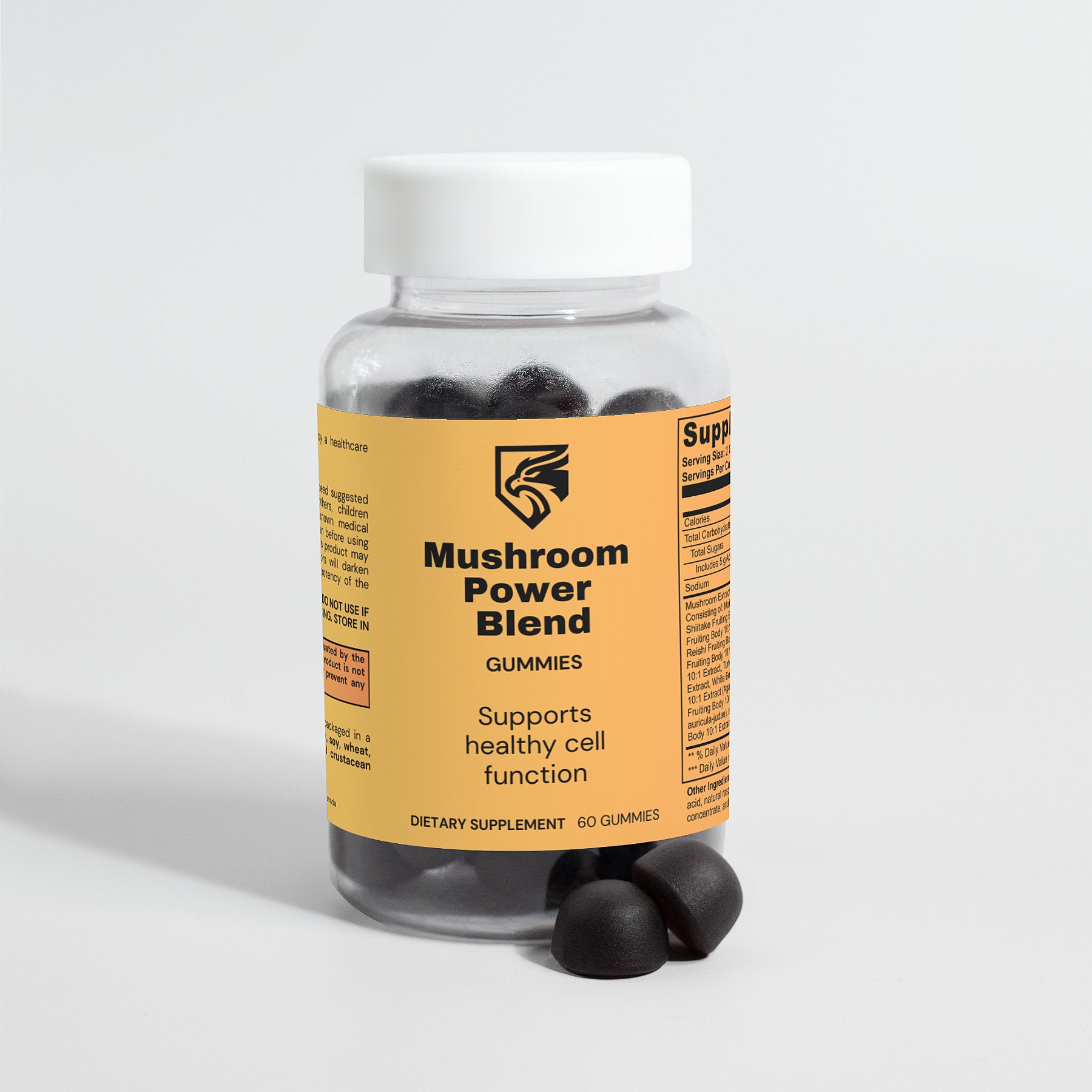Your brain is your most valuable asset. It controls everything from basic bodily functions to complex decision-making, memory, and emotional regulation. Fortunately, improving brain health doesn’t require turning to expensive supplements or medications. By adopting a few simple yet effective lifestyle changes, you can naturally boost your brain’s health and optimize its function. Here are 10 essential tips to improve brain health naturally:
1. Eat Nutrient-Dense Foods
The food you eat plays a crucial role in brain health. Just like any other part of your body, your brain needs proper nourishment to function optimally. Certain foods are especially beneficial for the brain, providing the vitamins, minerals, and antioxidants that support cognitive function, reduce inflammation, and protect against brain degeneration.
Focus on consuming nutrient-dense foods like leafy greens, such as spinach and kale, which are rich in vitamin K and other brain-boosting nutrients. Berries, especially blueberries, are high in antioxidants that protect the brain from oxidative stress. Fatty fish like salmon, mackerel, and sardines provide omega-3 fatty acids, which are essential for memory and cognitive function. Nuts and seeds, particularly walnuts, flaxseeds, and pumpkin seeds, are full of healthy fats and minerals like magnesium, which are known to support brain health.
A well-balanced, nutrient-rich diet can give your brain the fuel it needs to stay sharp and resilient as you age.
2. Exercise Regularly
Exercise isn’t just beneficial for your body—it’s also a powerful tool for improving brain health. Physical activity increases blood flow to the brain, delivering essential oxygen and nutrients that promote the growth of new neurons (brain cells). Regular exercise also boosts the release of endorphins, which are known to improve mood and reduce stress.
Aim for at least 30 minutes of exercise most days of the week. This doesn’t mean you need to engage in intense workouts; activities like walking, swimming, cycling, or even dancing can provide significant benefits. Aerobic exercises, in particular, have been shown to improve cognitive function, memory, and focus.
By making exercise a consistent part of your routine, you’ll not only improve your body but also your brain.
3. Sleep Like a Pro
Sleep is one of the most important, yet often overlooked, factors in brain health. During sleep, your brain consolidates memories, processes information, and clears away waste products that accumulate during the day. Lack of sleep can impair cognitive function, hinder memory consolidation, and increase the risk of developing neurodegenerative conditions over time.
To promote better brain health, aim for 7-9 hours of quality sleep each night. Establishing a consistent sleep schedule and creating a relaxing bedtime routine can help improve the quality of your rest. Limit exposure to screens (phones, computers, and TVs) before bed, as the blue light can interfere with your body’s natural sleep-wake cycle. By prioritizing sleep, you’re giving your brain the opportunity to recharge and perform at its best.
4. Challenge Your Mind
Just like your body, your brain benefits from regular exercise—but mental exercise is key to maintaining cognitive function as you age. Engaging in activities that challenge your brain promotes neuroplasticity, which is the brain’s ability to form new neural connections and adapt to new experiences.
To keep your mind sharp, make time for activities that challenge your cognitive abilities. Read books, learn new skills, take up a hobby, or solve puzzles like crosswords or Sudoku. Playing strategy games such as chess or doing mental math are also great ways to stimulate brain activity. The more you challenge your brain, the better it will perform over time.
5. Manage Stress
Chronic stress is one of the biggest threats to brain health. When you’re under stress, your body releases cortisol, a hormone that, over time, can damage brain cells and impair memory. High levels of cortisol are particularly harmful to the hippocampus, the part of the brain involved in memory formation.
To protect your brain, it’s crucial to find ways to manage stress effectively. Practice relaxation techniques such as deep breathing, yoga, or mindfulness meditation. Journaling can also be a great outlet for stress, helping you process emotions and clear your mind. By reducing stress, you protect your brain from the long-term damage that chronic anxiety and tension can cause.
6. Stay Social
Social interaction plays a vital role in maintaining brain health. Engaging in conversations, making meaningful connections, and spending time with loved ones all help stimulate brain activity and improve cognitive function. Socializing can also boost your mood, reduce feelings of isolation, and help prevent mental health issues like depression, which can negatively affect brain health.
Make an effort to stay connected with family, friends, and colleagues. Join clubs, take part in community activities, or simply make time for regular catch-ups with loved ones. These interactions can keep your brain engaged, sharp, and resilient over time.
7. Hydrate
Dehydration is not only harmful to your body but also to your brain. Your brain is made up of about 75% water, so even mild dehydration can have a significant impact on cognition, focus, and memory. Dehydration can lead to fatigue, difficulty concentrating, and impaired mental performance.
To keep your brain functioning at its best, drink plenty of water throughout the day. While the exact amount of water varies from person to person, aim for at least 8 glasses a day. Remember that other liquids like herbal teas, and water-rich foods such as cucumbers and watermelon, can also contribute to your daily hydration needs.
8. Avoid Toxic Substances
Some substances can negatively affect your brain over time, especially when consumed in excess. Alcohol, nicotine, and recreational drugs can all damage brain cells and impair cognitive function. Overuse of alcohol, for example, has been linked to long-term memory problems, and smoking has been shown to reduce blood flow to the brain.
To protect your brain health, limit or avoid alcohol, smoking, and other harmful substances. If you’re struggling with substance use, consider seeking help or talking to a healthcare professional to find healthier alternatives for managing stress or socializing.
9. Take Mental Breaks
While challenging your brain is essential for its health, overworking it can lead to burnout and cognitive fatigue. Taking regular mental breaks throughout the day is crucial to keeping your brain sharp. Whether it’s stepping away from your desk for a walk, meditating for a few minutes, or simply sitting in silence, giving your brain a chance to rest helps prevent mental exhaustion.
Incorporating breaks into your routine not only allows your brain to recharge but also boosts productivity and creativity. So, don’t feel guilty about taking breaks—your brain needs them to stay healthy.
10. Stay Positive
Your mindset plays a significant role in brain health. Positive thinking has been linked to better cognitive function, reduced stress levels, and improved overall mental well-being. When you maintain an optimistic outlook, it can help protect your brain from the damaging effects of stress and anxiety.
Practice gratitude, focus on your strengths, and surround yourself with positive influences. Stay hopeful and optimistic about your future, and remind yourself of the things you’re thankful for. A positive mindset not only improves your emotional health but also supports better brain function in the long run.
Conclusion
Improving brain health doesn’t require a magic pill or expensive treatment—it’s all about adopting healthy habits that nourish and protect your brain. By eating nutrient-dense foods, exercising regularly, getting enough sleep, managing stress, and staying socially connected, you can give your brain the tools it needs to stay sharp and resilient. Implementing these simple tips into your daily life will not only improve your cognitive function but also enhance your overall well-being. Start today, and give your brain the care it deserves







Leave a comment
This site is protected by hCaptcha and the hCaptcha Privacy Policy and Terms of Service apply.